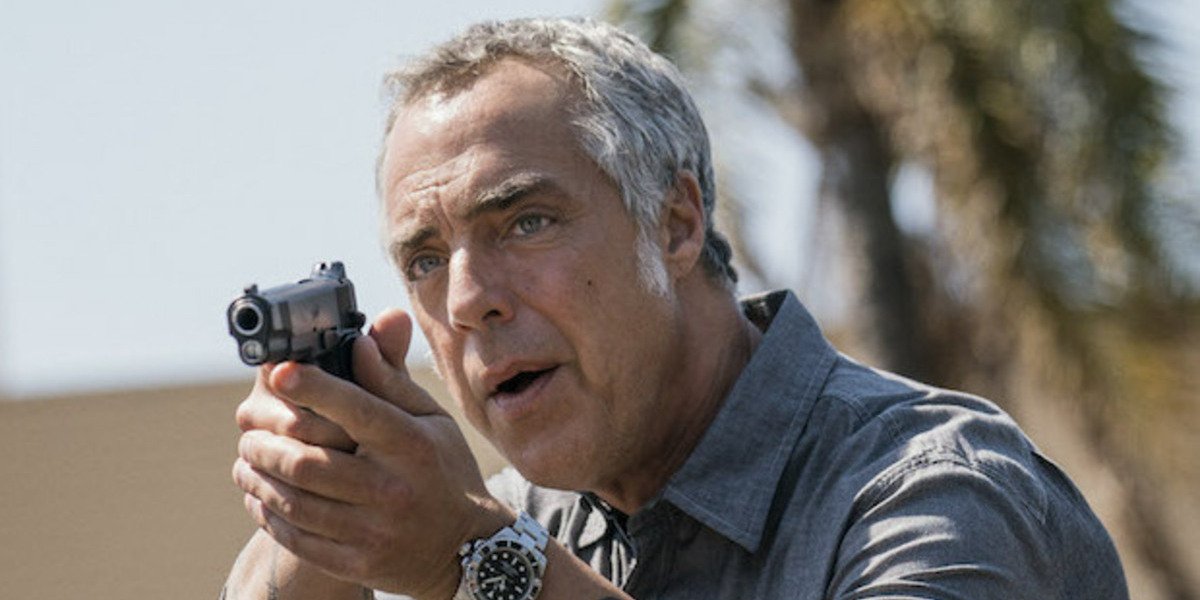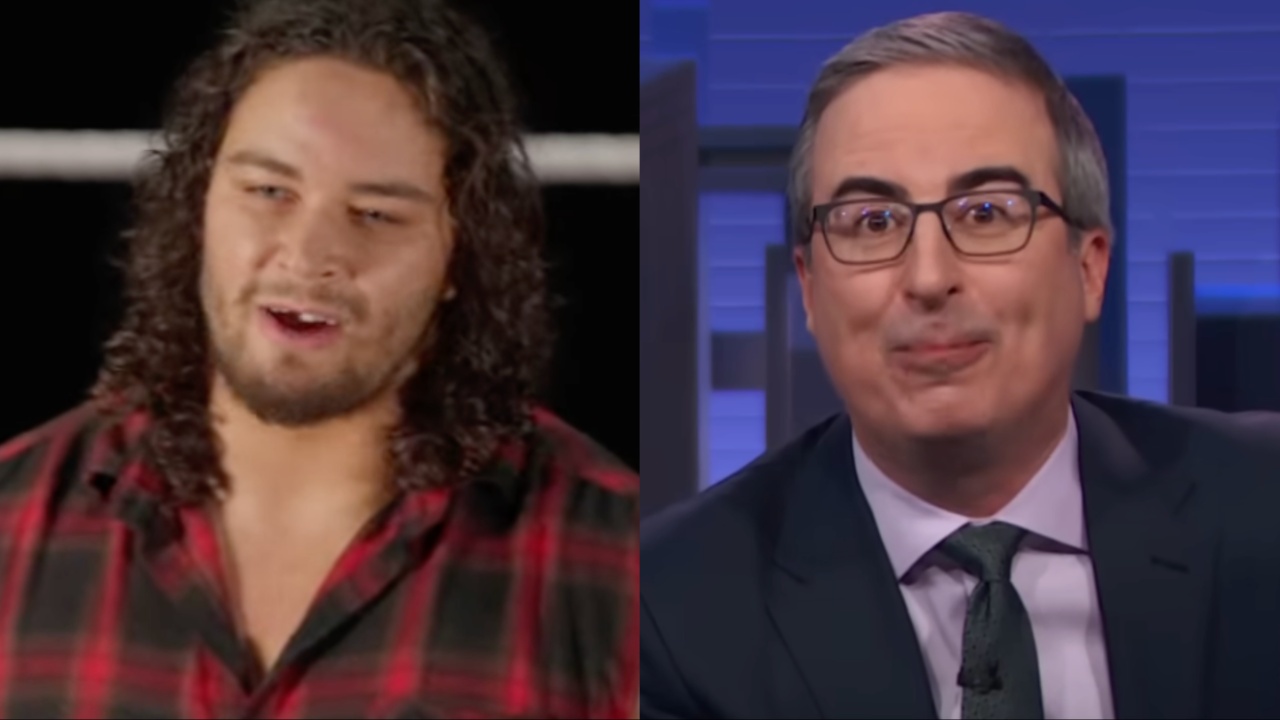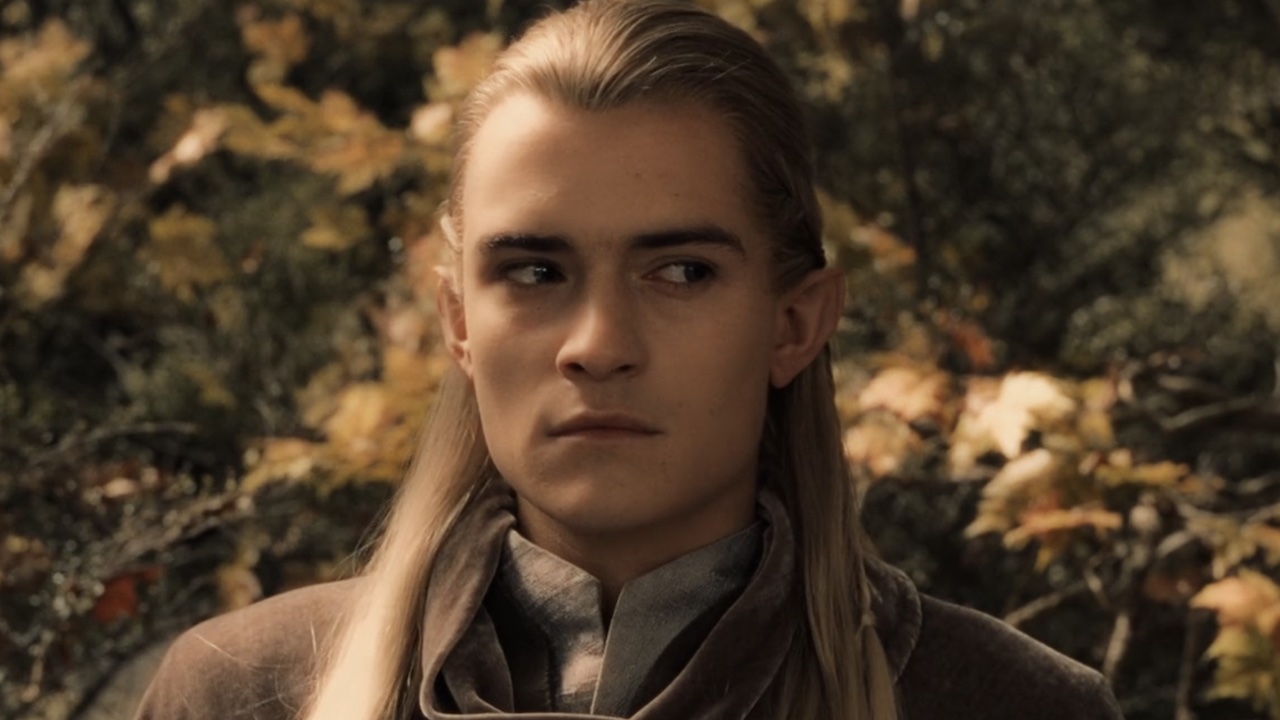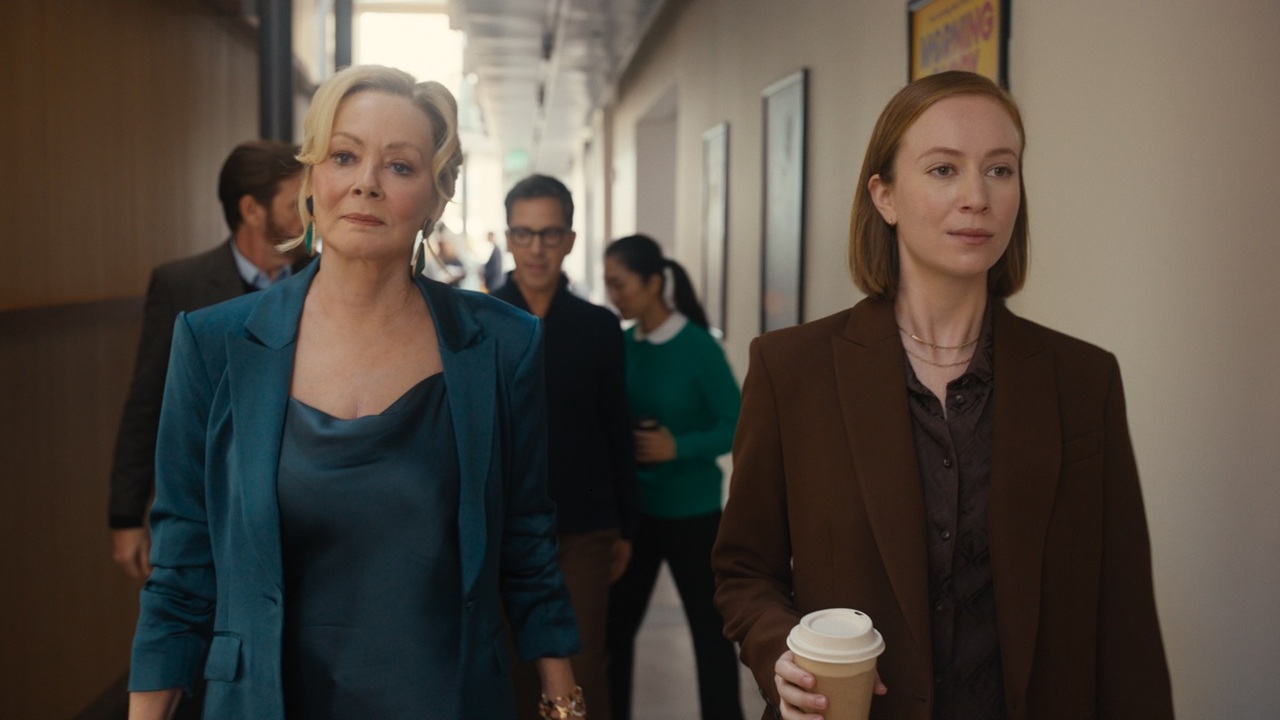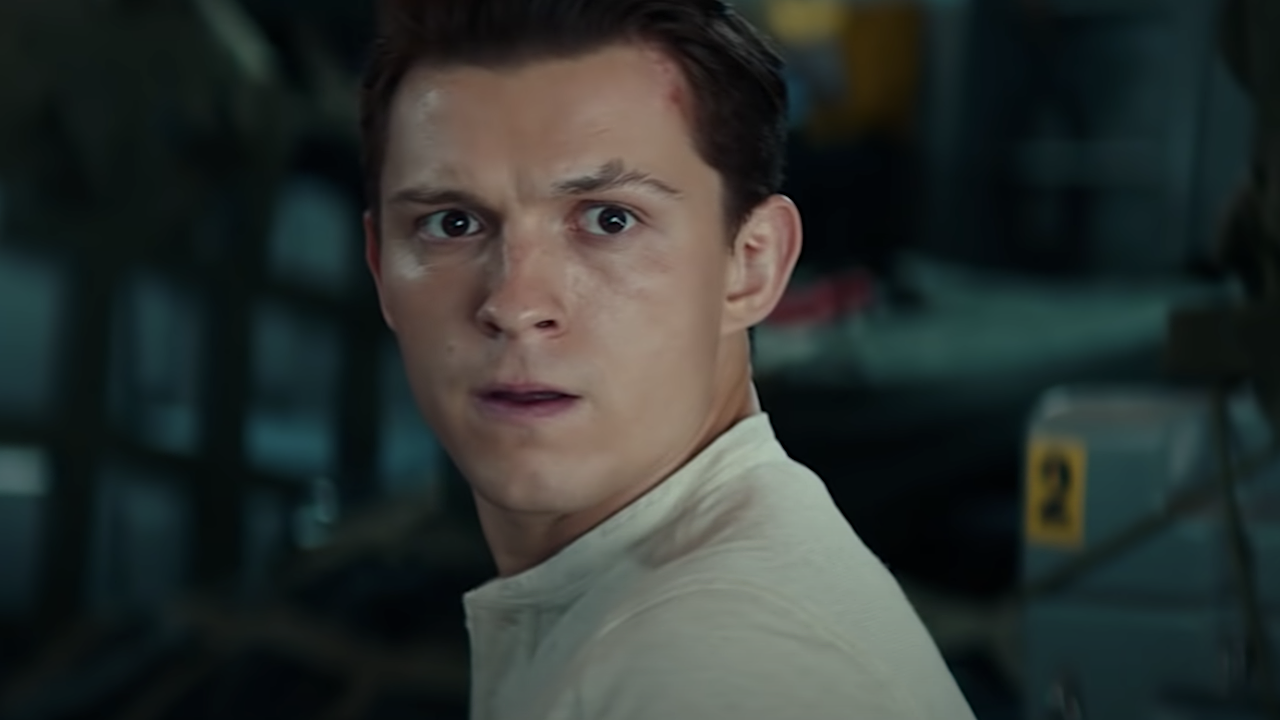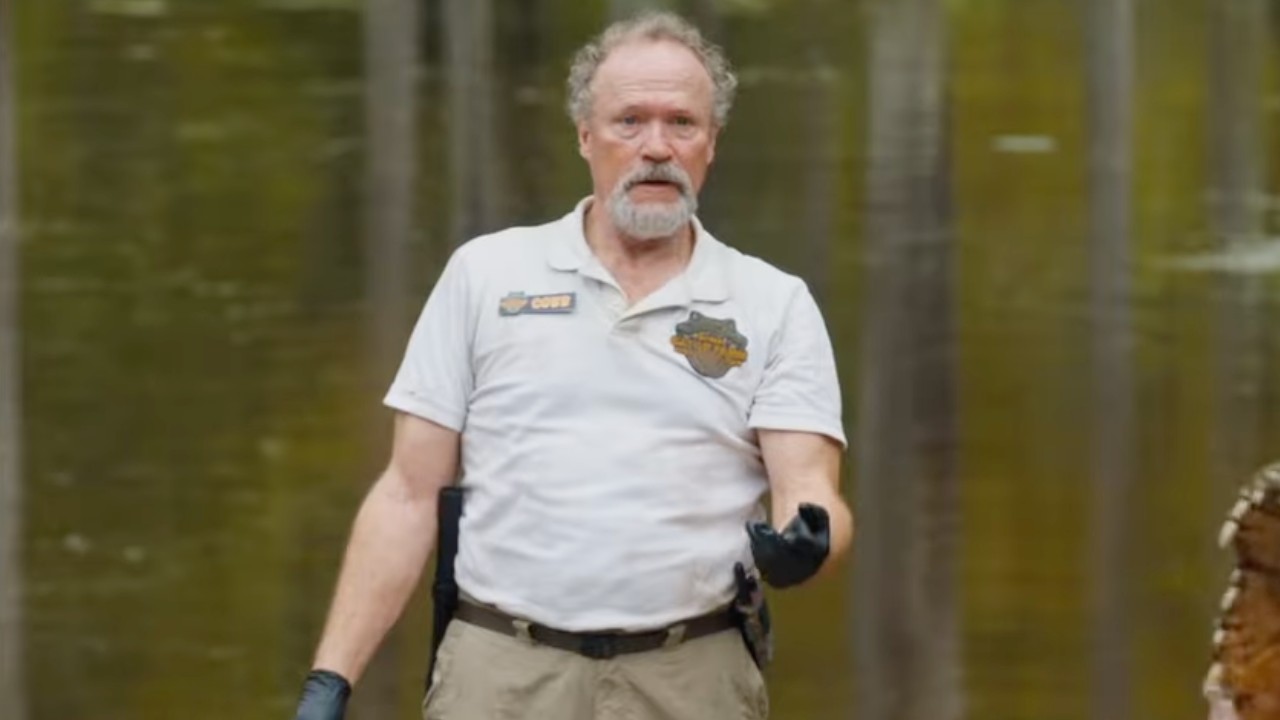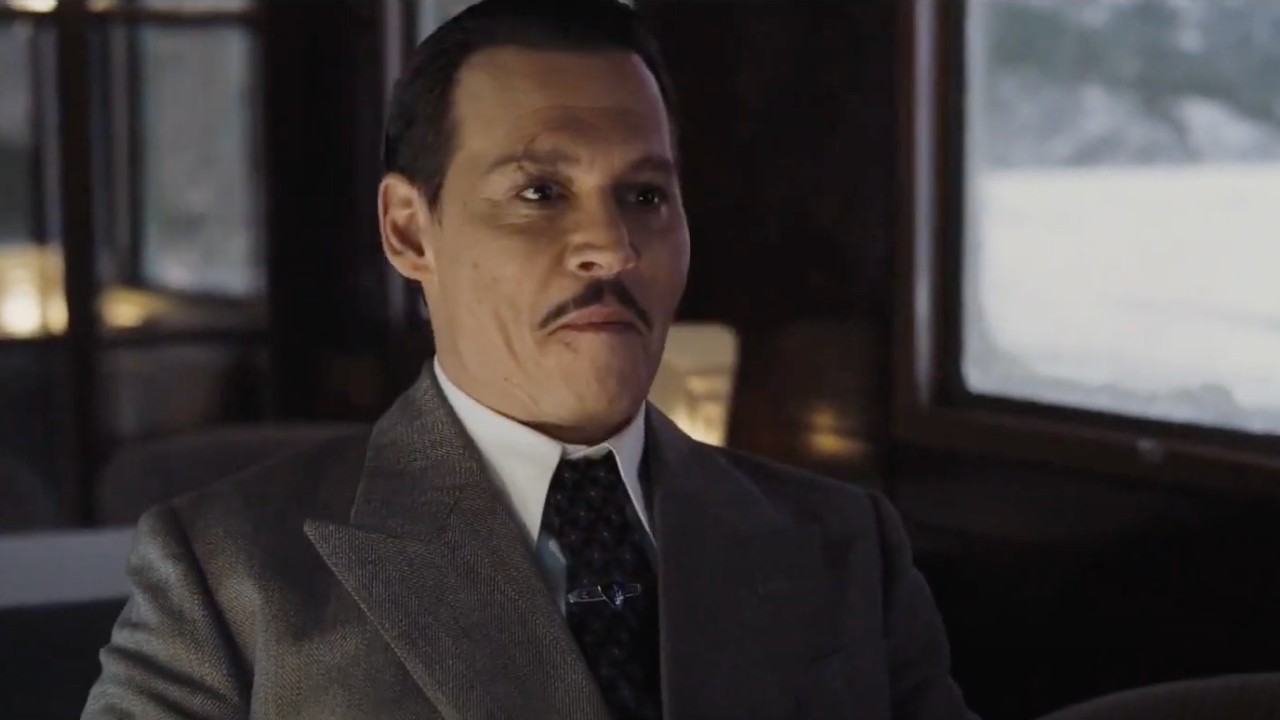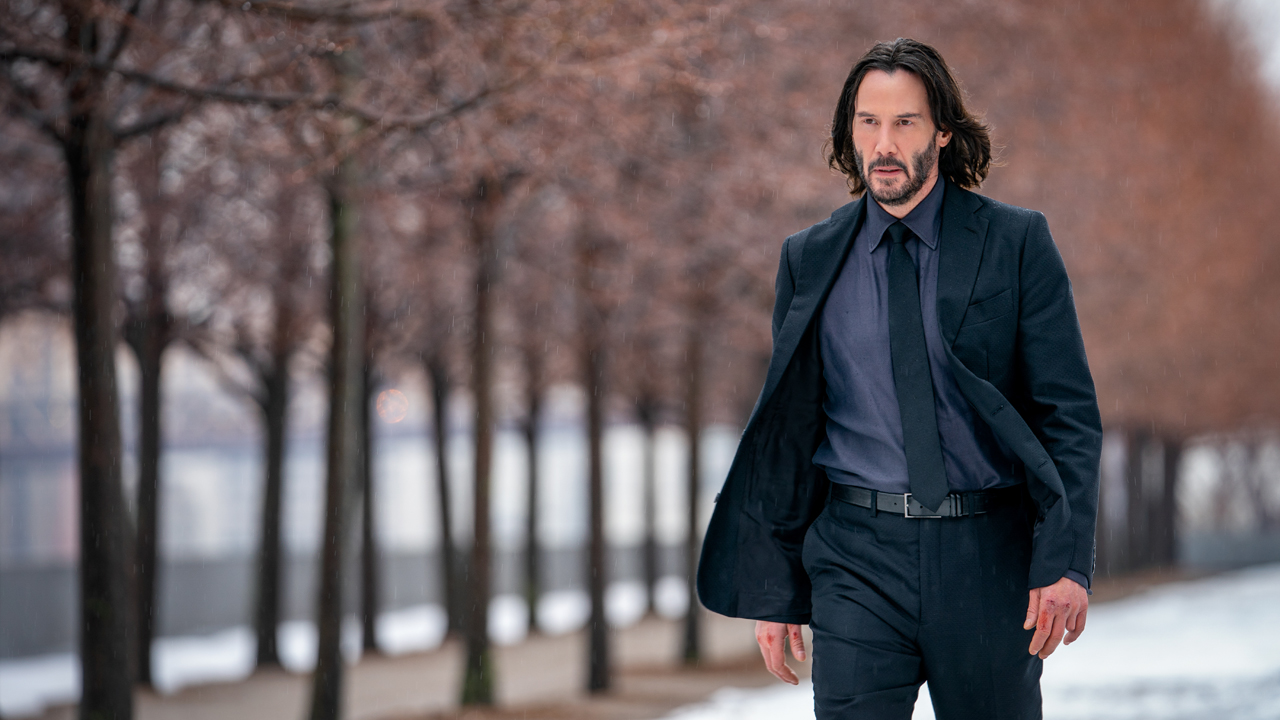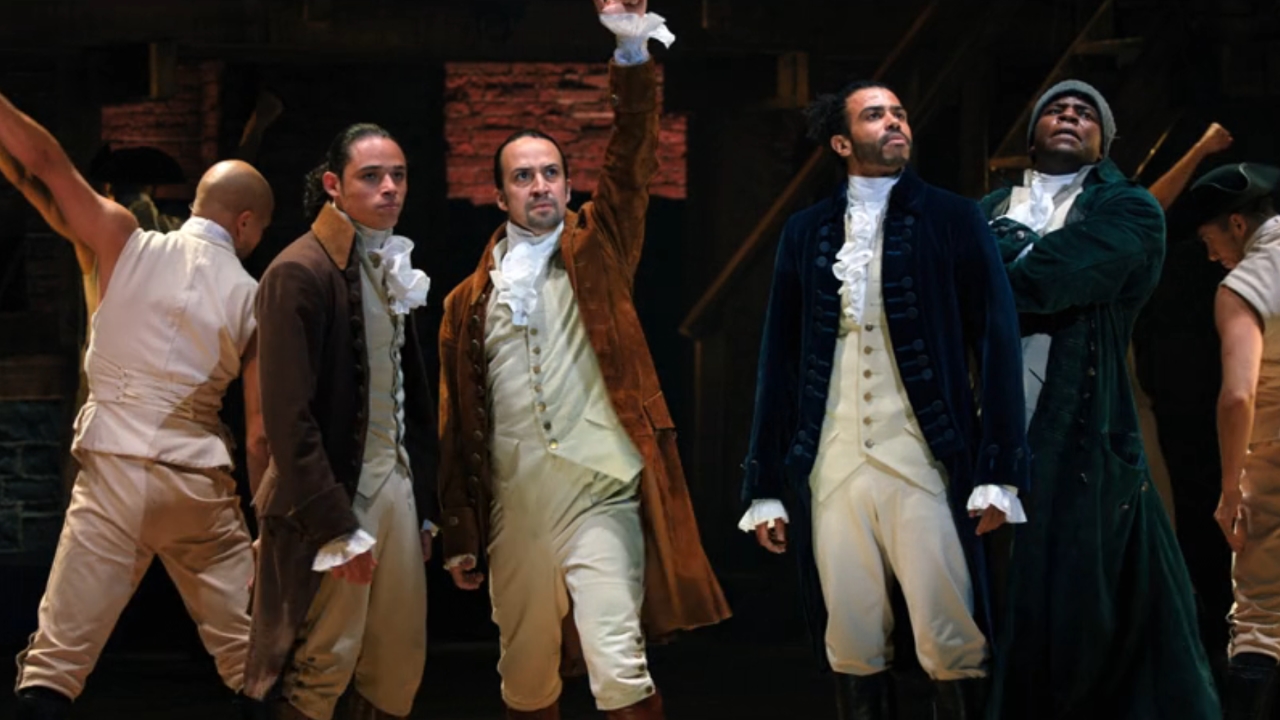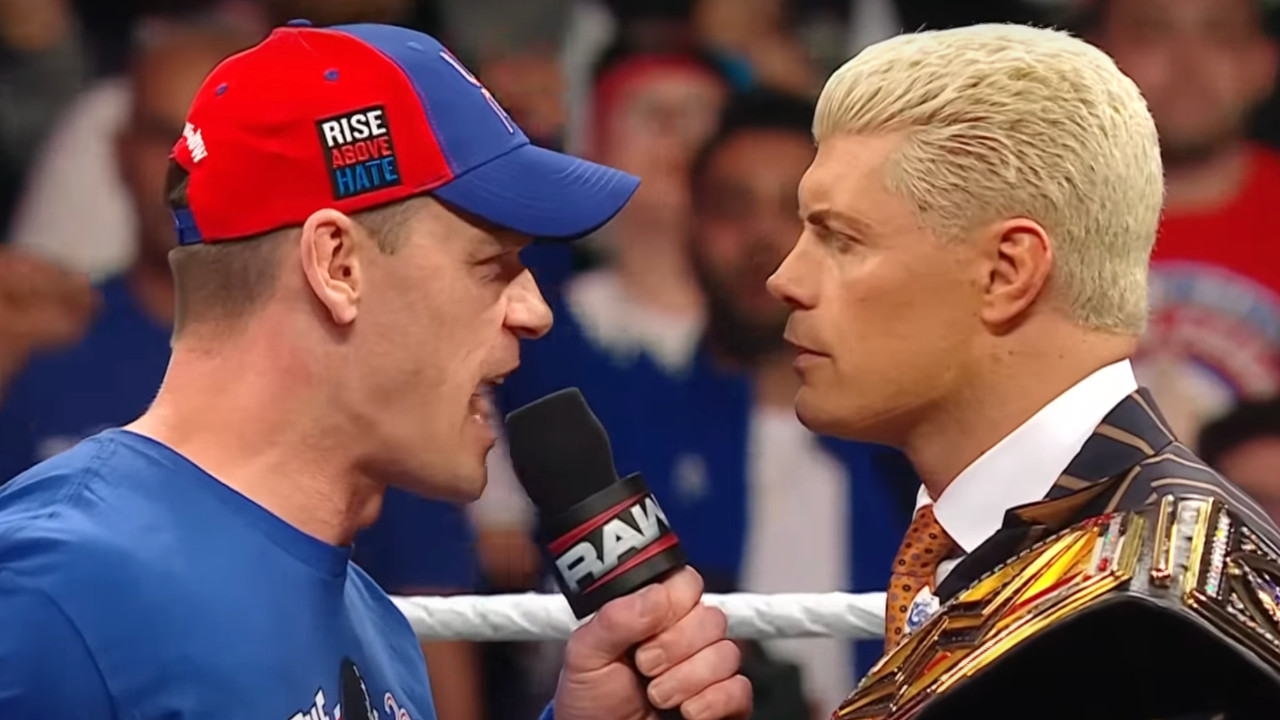Amazon's Hunters Creator Responds To Backlash From Auschwitz Memorial Over Human Chess Game
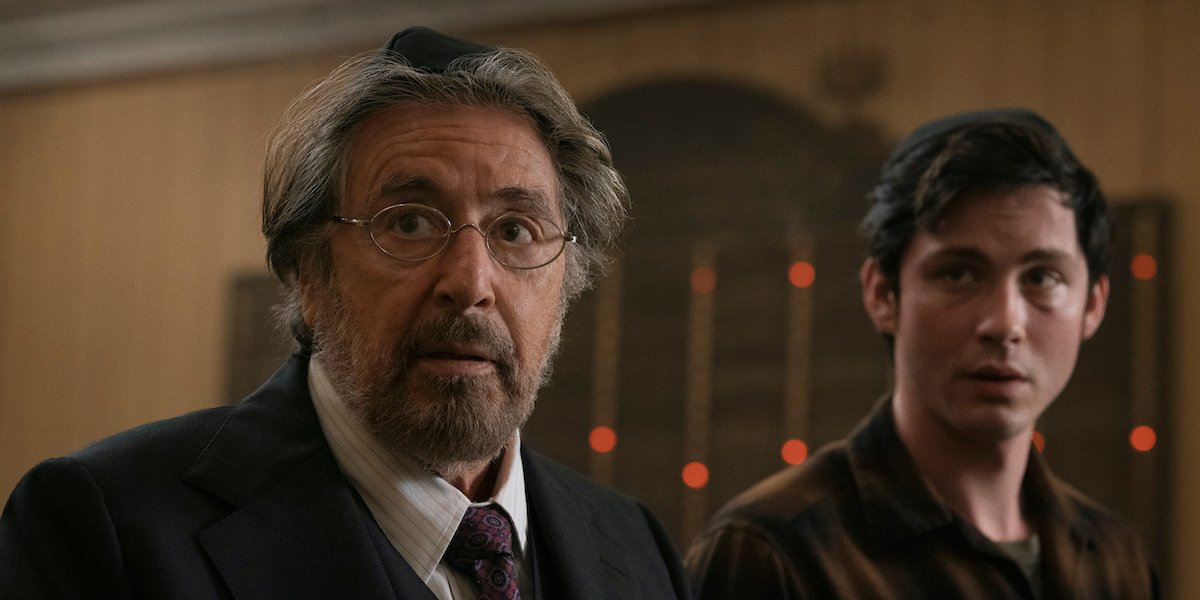
Spoilers below for certain elements from Amazon's new comedic action-drama Hunters.
Last year, whenever the Amazon original series Hunters got initially dubbed "Al Pacino's darkly comedic Nazi-hunting drama," it seemed destined to strike any number of controversial nerves with audiences. Sure enough, the show's debut drew some pointedly harsh criticisms from Germany's official Auschwitz Memorial, which had a particular problem with the "human chess game" portrayed in the series premiere. In response, Hunters' creator David Weill defended both the show and the decision to play off of that specific sequence.
David Weill had previously explained that his grandmother's harrowing experiences as a prisoner during World War II were his biggest inspirations for bringing Hunters to life, and he again spoke of her in his response to the Auschwitz Memorial's denunciation. In his words:
Years ago I visited Auschwitz and I saw the gates my grandmother was forced to enter decades earlier and the barracks she was forced to live in as a prisoner. I saw vestiges of the nightmarish world she had survived. It was an experience that forever altered the course of my life. It was the moment consecrated in time and memory that I sought to make good on doing my part – however big or however small – to ensure the promise of 'Never Again.' I believed then – as I do now – that I had a responsibility as the grandson of Holocaust survivors to keep their stories alive. While Hunters is a dramatic narrative series, with largely fictional characters, it is inspired by true events. But it is not documentary. And it was never purported to be. In creating this series it was most important for me to consider what I believe to be the ultimate question and challenge of telling a story about the Holocaust: how do I do so without borrowing from a real person’s specific life or experience?
For David Weill, creating the 1970s-set Hunters wasn't about telling the most salacious and controversial Nazi stories, nor about exploiting the tragedies and tribulations of any real-life Holocaust victims. In part, he created the show to keep the conversation going about the monstrous travesties that Jewish citizens and more suffered in Auschwitz and other camps. Even if some of Hunters' most disturbing moments intentionally weren't entirely based on true accounts.
In the full statement from David Weill (via Variety), he fully cops to the fact that Hunters' horrifying chess game wasn't real, and further explains why the series chose to created new methods of Nazi torture.
In speaking to the 'chess match' scene specifically… this is a fictionalized event. Why did I feel this scene was important to script and place in series? To most powerfully counteract the revisionist narrative that whitewashes Nazi perpetration, by showcasing the most extreme – and representationally truthful – sadism and violence that the Nazis perpetrated against the Jews and other victims. And why did I feel the need to create a fictional event when there were so many real horrors that existed? After all, it is true that Nazis perpetrated widespread and extreme acts of sadism and torture – and even incidents of cruel 'games' – against their victims. I simply did not want to depict those specific, real acts of trauma.If the larger philosophical question is can we ever tell stories about the Holocaust that are not documentary, I believe we can and should. Hunters, like a myriad of acclaimed films on the subject, does not always adhere to literal truth in its pursuit of capturing the representational truth of the Holocaust.
In the eyes of Hunters' creator, it would have been even more dishonorable to Holocaust victims if the Amazon series had dramatized any of the legitimate forms of pain and punishment that Nazis put millions of people through. After all, seeing something specific to one's own history in that respect would be extremely triggering, so Weill & Co. decided to use fabricated examples like the chess match, despite the fact that some viewers might be even more put off by the concocted torture game.
You can check out the Auschwitz Memorial's original post below, though the Twitter account didn't limit its output to just that one message.
CINEMABLEND NEWSLETTER
Your Daily Blend of Entertainment News
During this year's Television Critics Association winter press tour, CinemaBlend spoke with Hunters' creator David Weill, along with writer and executive producer Nikki Toscano. During that interview, Toscano and Weill told me they took extensive care when handling any scenes that dealt with flashback timelines. In their words:
NIKKI: I think the biggest guiding post for us at all times, if we were flashing back to the Holocaust, was that there was a great amount of reverence paid to those scenes. We spoke to a number of different advisors and scholars to ensure that the sadism that we were portraying was something that could have happened in the camps, and portraying the depravity of the Nazis and their time there. Furthermore, we went through and made sure that none of the numbers, the tattoos that were on their arms, were numbers that were used by actual prisoners; we started much later. But there were a lot of measures that we went through to maintain that the utmost respect and reverence was paid to do that. DAVID: And I think especially with the chess match and scenes in the past, [we ensured] that they never felt gratuitous, there's always purpose behind it. We were incredibly exacting, down to the frames that we would show of what was shot, and really trying to calibrate those stories in a way that felt purposeful, which they always were, and never gratuitous.
To his point, Hunters' chess match and other uncomfortable sequences aren't played explicitly to capitalize on how frightened and pained the victims are, but rather to highlight the overall sadism and turpitude. In his reply statement, David Weill had also brought up the point about the camp prisoners number tattoos, further proving that Hunters strove not to step on anyone's toes, so to speak, with its historical depictions.
Viewers will undoubtedly debate just how gratuitous some of Hunters' dark and deadly scenes are, regardless of what the creator and show producers intended with the material. Perhaps if the comic book-esque narrative had angled its Holocaust depictions in ways that didn't compare to The Boys' over-the-top violence and bloodshed, public reactions also might have been slightly less extreme. Or maybe not.
Hunters Season 1 is currently available to stream in full on Amazon. While waiting to hear about Season 2's chances, check out how the Hunters cast answered the "time travel to kill Adolf Hitler" question. To see what other shows are heading to streaming and beyond in the first chunk of 2020, head to our Winter and Spring TV premiere schedule.

Nick is a Cajun Country native and an Assistant Managing Editor with a focus on TV and features. His humble origin story with CinemaBlend began all the way back in the pre-streaming era, circa 2009, as a freelancing DVD reviewer and TV recapper. Nick leapfrogged over to the small screen to cover more and more television news and interviews, eventually taking over the section for the current era and covering topics like Yellowstone, The Walking Dead and horror. Born in Louisiana and currently living in Texas — Who Dat Nation over America’s Team all day, all night — Nick spent several years in the hospitality industry, and also worked as a 911 operator. If you ever happened to hear his music or read his comics/short stories, you have his sympathy.
